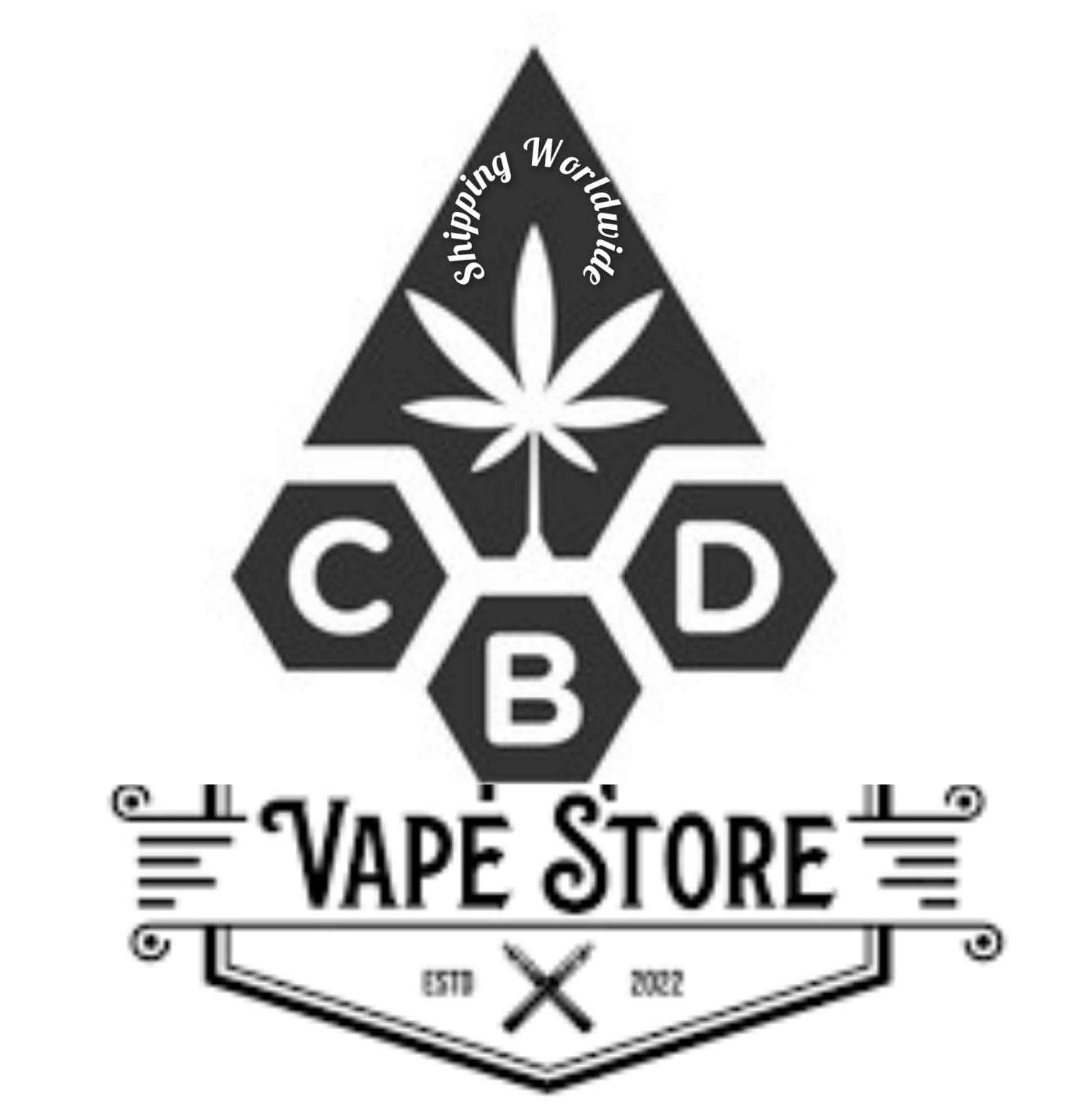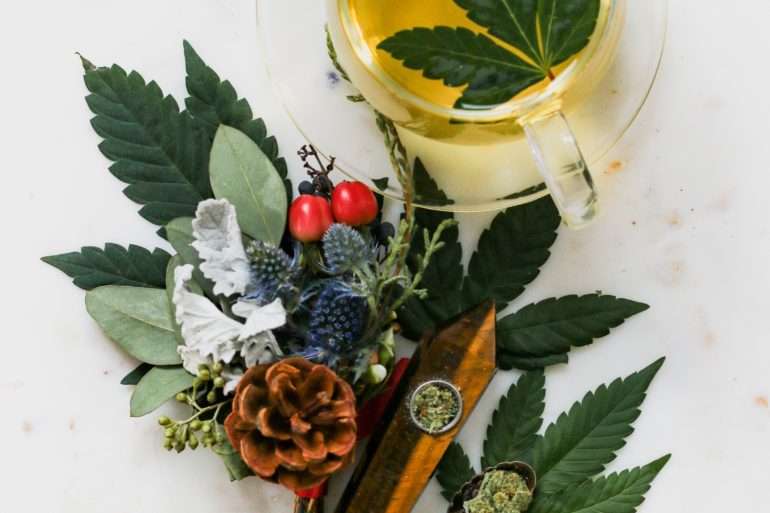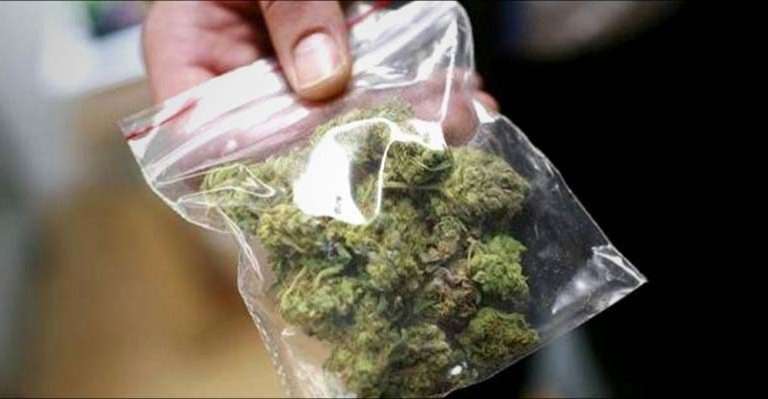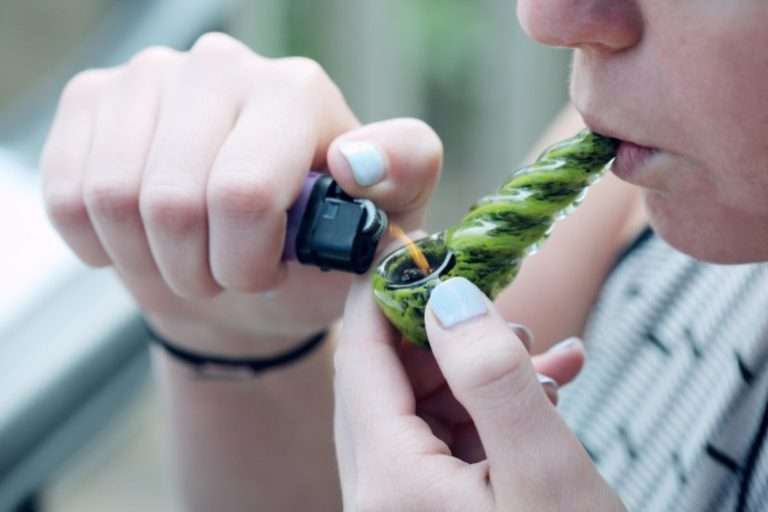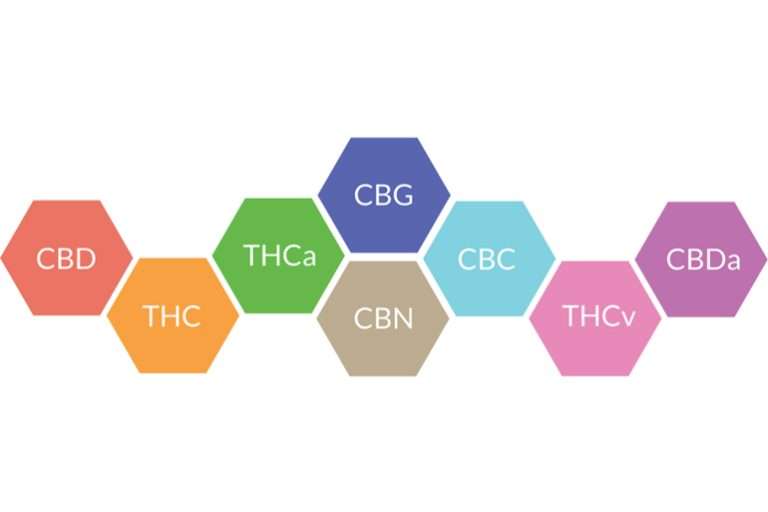Hype vs. Fact – What to Look for in the CBD Industry
Cannabidiol or CBD is the well-known non-psychoactive compound found within cannabis and hemp plants. (Hemp and Cannabis are similar plants in many ways but, they are cousins, not twins.) CBD is also currently the superstar of the cannabis industry with estimated profits of $22 billion by 2022. With various companies advertising their products as CBD infused, many often claim to aid in the relief of issues like back pain, headaches, and anxiety, their products are growing in demand. According to an Eaze consumer report, in 2018 the number of CBD products available in dispensaries nearly quadrupled. In your local dispensaries and even grocery stores, you found tinctures, topicals, flower and even CBD medication for your pet. Recently I attended one of the numerous CBD Expos coming through California where thy advertised a wider variety of CBD companies offering everything from lip balms, vape pens, tattoo care cream, and even bath bombs. I was excited to see what they had to offer but what I also discovered at the Expo was that I did not fully understand how CBD benefits me in everyday life. After spending a few hours asking questions, I quickly realized some of the vendors selling these CBD products didn’t know either. How can I tell if this is the right CBD product for me? What do I look for when searching for the right bath bomb or CBD drops for my pets?
RELATED: CALIFORNIA CANNABIS CONSUMPTION LOUNGES ARE BLOSSOMING IN 2019
Cannabis Consumers and Entrepreneurs have a lot to learn about CBD.
The Expo advertised there would be general public educational seminars, product demonstrations and “hundreds” of vendors but as I entered the convention center, there were visibly less than advertised. I sat in the audience and waited for the first speaker to talk about topical applications, but after 20 minutes, I realized they wouldn’t be showing up and I headed back to the booths. I found attractive packages and clever brand names throughout the venue. Amongst all the fancy packages and clever marketing techniques, the most visited booths were those offering lab test results and offered more knowledge about ingredients and products. Medical Mary’s booth displayed their wide variety of products available and highlighted on their labels that their hemp products are made in an “FDA approved packing facility,” but I’m not sure how safe that makes me feel considering all the food recalls we have from these so-called “FDA approved packing facilities.” Unfortunately, I found that most of these vendors had no data or studies to back up their claims about the benefits of their products. I saw one vendor claim their CBD lotion penetrated the skin on a “deeper level” than your typical lotion, an esthetician in the crowd spoke up and asked, “How does it penetrate on a deeper level?”. Nothing but a blank stare. This lack of information was a theme at this point. They were able to demonstrate how to use their product and even thoroughly describe what was in it, but I could not get a straight answer to the questions relating to why and how CBD worked.

A highlight from the Expo was the cannabis activists.
The other booths at the event were dedicated to education, activism, and regulations which is where I found most of my information. Speaker, Stacey Swimme spoke about sexual health and while the application of “cannabis lubrication” was a central point during her time on stage, she also emphasized the importance of communication, open-mindedness, and self-love. “We’re not all going to have the same experience from these products. I can’t stand up here and say ‘here’s the kind of results you should get.’ but what I can do is say, ‘Please feel good about experimenting and figuring out the results for yourself.’ Captain Ryan D. Miller shared stories about veterans dealing with PTSD and the benefits of cannabis and CBD products helping them significantly improve their lives after service. Several activists are working to provide an understanding of why CBD and marijuana are beneficial to those suffering from stress, anxiety and PTSD.
RELATED: MEDMEN AND THEIR MULTIPLE LAWSUITS
What is in your CBD products?
What I experienced at the Expo seems to be a reflection of the current issues facing the CBD industry, “Hype vs. Fact” which is one of the main problems the CBD industry is facing according to Eric Lerner, director of business development at Jay Pharma when he was speaking to Forbes.com. While there are scientific studies related to the medical benefits of cannabis and hemp, it is still a new industry. It will be a slow process to get medical studies done due to the federal restrictions on cannabis and researchers in California have been reported having a difficult time getting their studies approved according to a Mercury News report. While the Farm Bill legalized Hemp derived CBD, cannabis still remains federally illegal and not to mention the Farm Bill also did not regulate CBD food or beverage items. As CBD products are being pulled from shelves, the cannabis industry is requesting the FDA commissioner, Scott Gottlieb, clarify and regulate CBD products, specifically those of food and beverage according to a CNBC report.
This confusion and lack of knowledge forces the consumer to rely on untrained sales representatives to give them uninformed advice on what CBD products will work best for them. There was a study done on budtenders, the sales representative who sell cannabis in dispensaries. The Cannabis and Cannabinoid Research report indicated that of 55 budtenders, almost all of them gave out medical advice but only 20% of had any medical training. Even if consumers are to rely on the labels displayed on the packaging, rather than budtenders or vendors, they still may not be getting accurate information. In 2018, the Associated Press reported during the first few months of mandatory state testing the California Bureau of Cannabis Control found 19 percent of products failed with 65 percent due to THC content. Dr. Ryan Vandrey, an associate professor of psychiatry at Johns Hopkins, purchased 84 CBD products and 30 percent of them were labeled inaccurately with some containing no CBD at all.

The CBD and cannabis industry face a variety of hurdles.
In the grand scheme of the ever-changing legalized cannabis market, these numbers are low, and there are plenty of honest, trustworthy cannabis companies out there. However, I think it is important to recognize that if we want to change the conversation in society about cannabis we need to acknowledge that there are people who are selling sham products to a new consumer market. There is a lot to learn and plenty that needs to change, especially the CBD knowledge. Legalized regulated cannabis and hemp is a complicated, new but exciting market for both consumers and entrepreneurs but despite these challenges, it continues to grow. For now, the responsibility of validating bogus or legitimate products falls onto the consumer and the cannabis community.What to Look for in the CBD Industry
